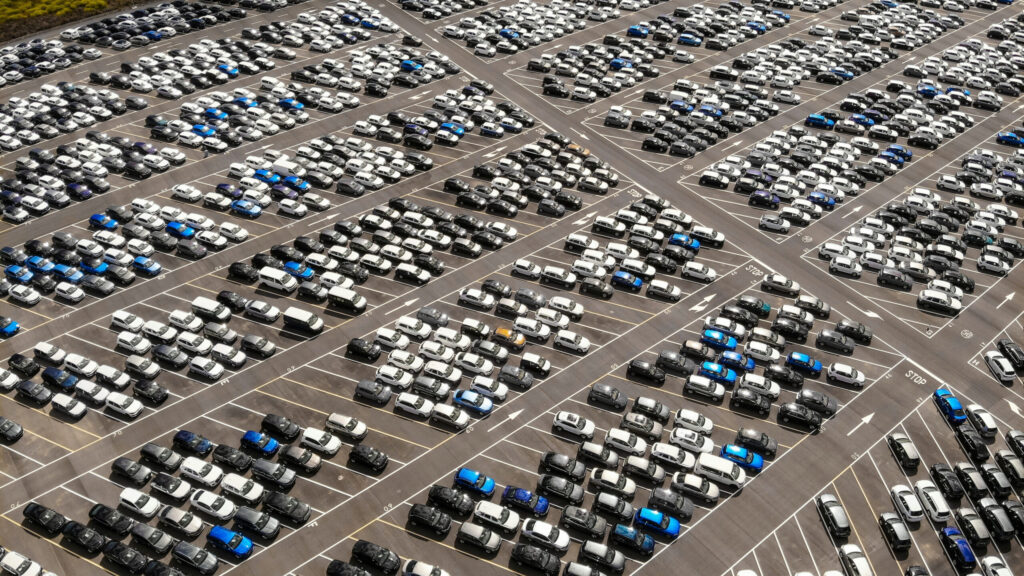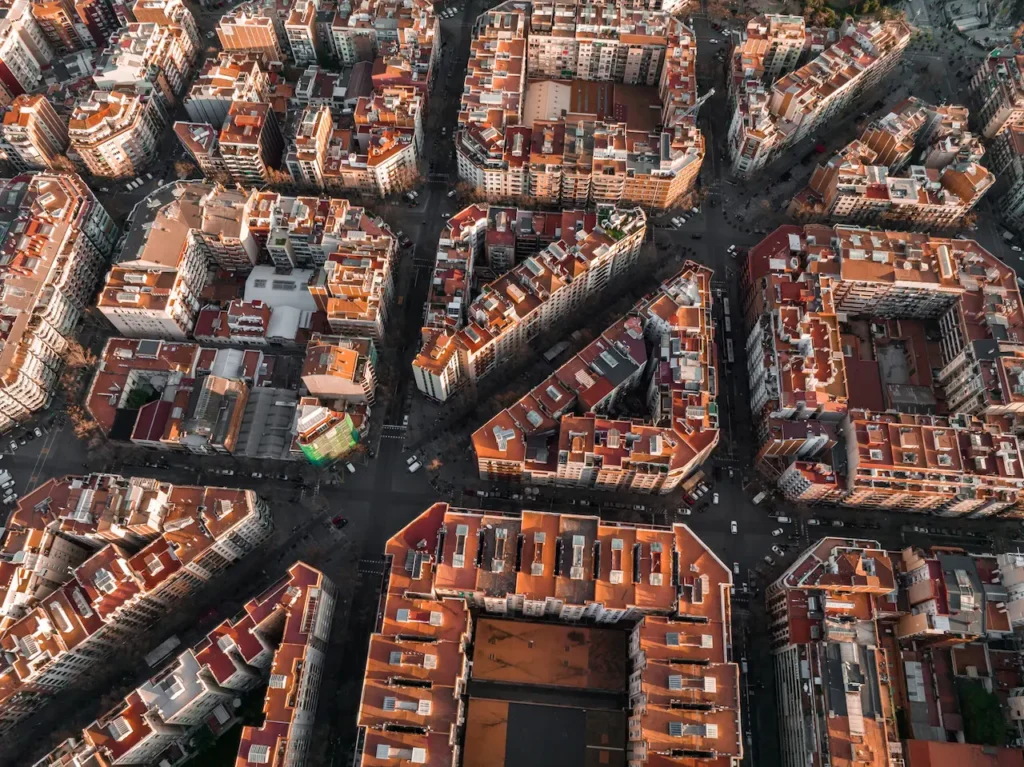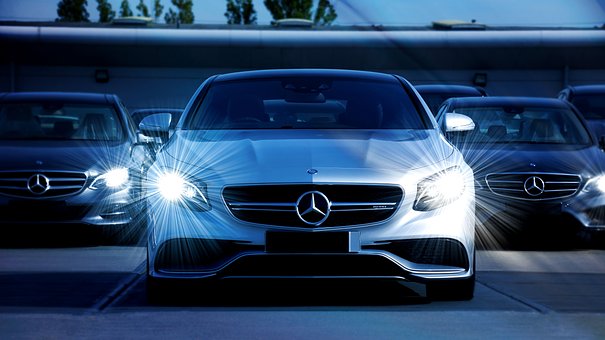
Full Power Motorbikes: France’s 100 HP restriction

Full Power Motorbikes: France’s 100 HP restriction
Despite the harmonization of the laws of European countries, France is still an exception when it comes to the maximum admissible engine power of motorbikes as the year of 2016 marked the end of 100-horsepower limit required by the French state under certain conditions.
Following the Regulation (EU) n° 168/2013 applicable within the European Union territory as of 1 January 2016, it was no longer possible for any EU-member state to limit the net power of new motorbikes.
However, pursuant to the Decree of 13 April 2016 on net power of motorbikes, which is defined in Article R. 311-1 of the French highway code, France has therefore authorized horsepower modifications of those new or second-hand motorbikes, which were equipped with an anti-lock brake system (ABS) and conforming to the provisions of the European directives 92/61/EEC or 2002/24/EC.
Therefore, the end of the limitation only concerns motorbikes fitted with the ABS system and Euro3 or Euro4 type-approved. This way, it is now possible to legally modify horsepower of motorbikes.
Attention:
Outside these conditions, the maximum authorized engine power in France is always 100 hp (73.6 kW).
Preconditions for horsepower detuning (mechanical procedure to restrict horsepower)
Before taking any action, it is necessary to check whether it is possible to convert the motorbike back to its original technical condition.
- Being an A-licence holder.
- Motorbike is being subject to 100 hp-limitation.
- The motorbike is Euro3 or Euro4 type-approved.
- The motorbike has been fitted with the functioning ABS system at the moment of its production.
- The motorbike is conform to its type approval and has not underwent any modifications previously (modifications concerning type-approved exhaust systems or accessories being an exception).
Remark:
The DREAL/DRIEE/DEAL vehicle testing authorities in France are not involved in detuning of motorbikes exceeding 100 hp at the wheel (73.6 kW) as granted by the Decree of 13 April 2016 for registered motorbikes (MTT2 type) and will refuse any single vehicle approval request to this end.
Motorbikes with horsepower exceeding 100 hp
If all the preconditions have been met, you can contact the manufacturer in France or its accredited representative in France and check whether they dispose a prototype approval from the Centre National de Réception des Véhicules (“National Vehicle Certification Centre”). Thus, once the engine detuning has been done under the prototype approval holder’s authority, a certificate allowing the modification of the vehicle registration certificate will be issued to you.
Back conversion to the original technical condition is relatively simple: all you have to do is to contact an authorized dealer of the brand in France, the only authority authorized to detune motorbikes to their original engine power (in France, this process is called “débridage“).
Initially, the dealer will check the condition of the vehicle and verify its conformity with its type of approval. If any non-conform element occurs, the original parts will be ordered and reinstalled. Once the conformity to the type-approved is assured, the dealer will request a certificate from the manufacturer or from his accredited representative in France.
Upon receipt of the certificate, the dealer will carry out the procedure to terminate the restraining process (procedure called “bridage” in French), which involves installation of the necessary parts and / or power map customization and installation of a modification plate on the bodywork.
Once converted back to its original configuration, you get your motorbike and the manufacturer’s certificate attesting the modifications to get your registration certificate modified according to new technical specifications of the motorbike.
Costs of engine detuning
To facilitate the conversion of motorbikes to the original configuration, some manufacturers have set up packages covering the entire process, and which vary according to the model and the costs of the electronic unit to be replaced.
The packages include:
- Price of attestation of conformity
- Price of registration plates
- Dealer services: approval and technical inspection of the vehicle, dealings with the manufacturer, administrative procedures, and power map customization.
Please be advised these packages do not include any costs of bringing the motorbike back into conformity, nor any motorbike parts to be replaced necessary for the conversion into the original engine power, as well as the labour cost related to the entire process.
Before you get started, it is therefore better to check out the costs with the dealer and a possibility of choosing a package.
Motorbikes with horsepower exceeding 100 hp registered in an EU-member country to be imported to France: how to proceed?
By acquiring a motorbike “detuned” from the origin with a European type-approval in another European country, one might think that it will be easy to register it in France thanks to its European certificate of conformity, but this is not the case!
Indeed, the European certificate of conformity allows the registration of a “full power” motorbike in all European countries, except of France. To fulfil legal requirements, the manufacturers produced the same restrained 78kW-models and got them approved in France.
Example: a sports motorbike manufactured with a power of 163 hp was licensed for the road, passed tests and has documents corresponding to the 163 hp in all European countries where it had been put up on sale, but in France, the horsepower limit was set to 106 hp (78kW).
As a result, a motorbike “detuned” from the origin without French approval will not have a National Type Identification Code (CNIT), its Type Variant Version (TVV) will not be identified in the French Vehicle Registration System (SIV) and the COC certificate of the vehicle will not be sufficient for its registration in France.
So, if you buy your motorbike in another European country, have a look at the P2 point on its registration certificate and check, whether the engine power is measured in kilowatts (kW).
- If the motorbike does not meet the conditions, i.e., its power exceeds 73.6kW (more than 100 hp) and is not equipped with the ABS system, then it cannot be registered in France unless it has a restrictor fitted
Attention:
Prior to purchase, it is preferable to check with a brand dealer in France if the motorbike can have a restrictor fitted because the components necessary for this procedure may no longer be available and, in this case unfortunately, it will be impossible for you to register it in France.
- If the motorbike meets the requirements, that is, it is being Euro3 or Euro4 type-approved and having functioning ABS system from the origin, you can register it in France.
Alright, but how I can I register the motorbike in France when the COC is not sufficient?
To register a motorbike detuned from the origin, it is necessary to contact the brand dealer in France to check whether it meets the conditions set by the Decree of 13 April 2016 on net power of motorbikes.
- If it meets the conditions, the dealer will check the vehicle, which must not have been previously modified, be in its original configuration and whose ABS system functions well.
- If it does not meet the conditions, the dealer will proceed to the vehicle inspection, which must be fully compliant with its original configuration and then the restriction mechanism will be fitted.
- Once motorbike conformity confirmed by the dealer, the manufacturer in France will give you the French national attestation (“Attestation d’identification française”) for your motorbike stating its new technical conditions for its registration.












